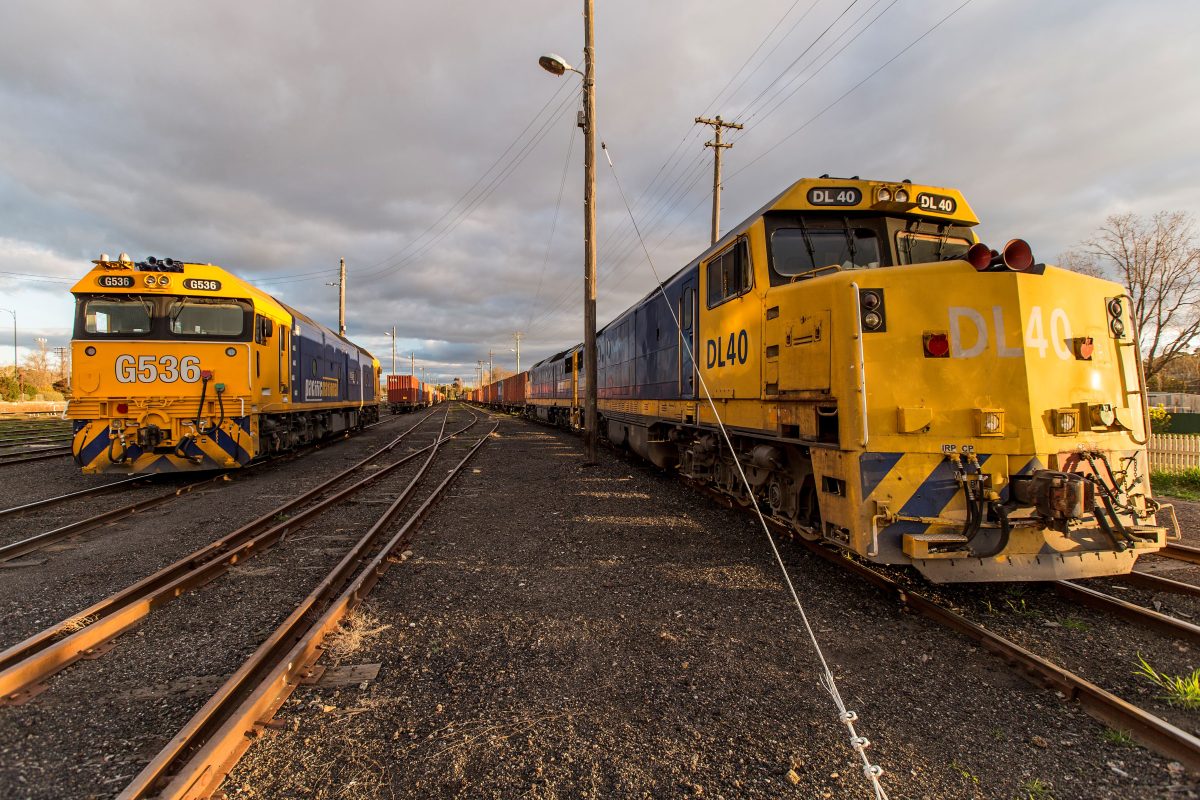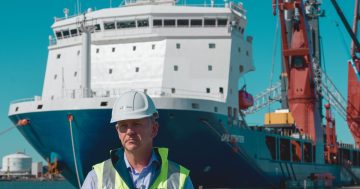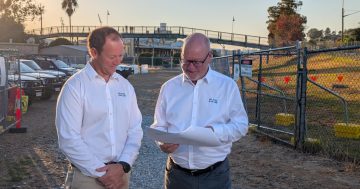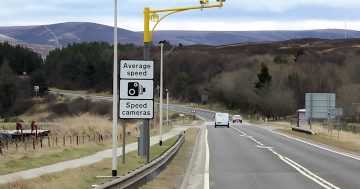
The freight network, a vital part of the state’s transport infrastructure, is set to expand. Photo: Transport for NSW.
The NSW Government has released a report that sets out a clear roadmap of dozens of short to long-term actions to prepare the state for better integration of freight into the transport network. Delivering Freight Policy Reform in NSW was requested by the government in January 2024.
It is estimated that the freight sector will employ an additional 235,000 workers and add $131.5 billion to the state’s economy by 2061, and the Minns Labor Government has set out a track for growth and productivity in the sector.
According to Transport for NSW data, the freight sector is valued at $74 billion and employs 330,000 people.
“The movement of freight is fundamental to how we all live our lives, the cost we pay for imported goods and the competitiveness of NSW manufacturers and producers,” Transport Minister John Graham said.
“The NSW Government is determined to enable the freight sector to reach its potential, which could mean adding a further $131.5 billion a year to the state’s economy and employing more than half a million people by 2061.”
The report’s proposals range from port policy to recruitment to address workforce shortages. Major recommendations include:
- Initiatives to increase rail modal shift by improving the competitiveness and efficiency of the freight system.
- Creation of a freight master plan to guarantee an integrated, long-term approach through strategic planning.
- Delivering the Industrial Lands Action Plan, in conjunction with the Department of Planning, Housing and Infrastructure, to focus on strategic land planning for freight use and address the shortage of industrial land.
- State support for the promotion of recruitment to address skills shortages, an issue identified as a risk facing the sector, with heavy-vehicle drivers, train drivers and seafarers of particular concern.
- Adoption of a new port policy regarding container terminals in which the government should not determine the timing or location of future terminals but instead recognise Port Botany as the key container port for the state.
The government has accepted the report’s recommendations and has requested further work from lead expert Dr Kerry Schott AO into opportunities and obstacles in moving freight at night to make best use of off-peak capacity in the transport network, including roads, motorways and railways.
The reform plan incorporates actions that have already been undertaken through the NSW Towards Net Zero Emissions Freight Policy, the NSW Heavy Vehicle Access Policy and the Port Botany Landside Improvement Strategy Review.










